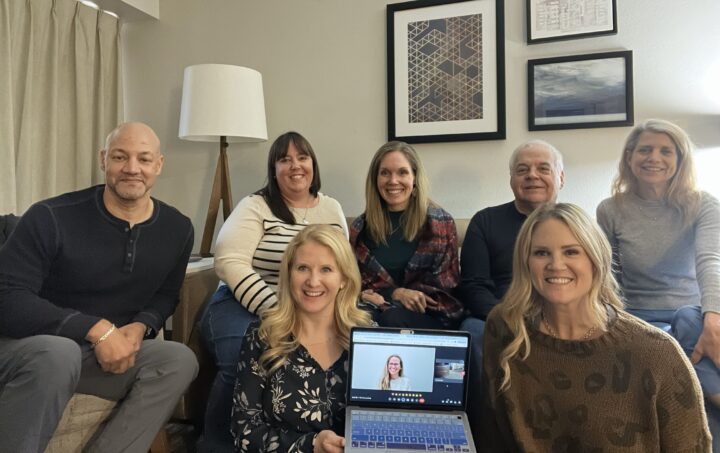The Midwest is fast becoming the nexus of the retail sector, with Amazon currently embarking on a mad hiring spree in the region, and it having outperformed all other US regions for the last few years. The sector is often overlooked in favor of other high-growth “what’s next?!” sectors. But in truth retail is a vital part of the economy in many ways.
For a kick off it’s not new, but it’s new, y’know? Insomuch as it’s been around as long as the modern economy has been around, so it’s stable and its behaviors are understood. But only to a certain extent, it’s not like the energy market which just sort of trundles along. It’s also the foundation of Amazon’s, Apple’s and a decent portion of Microsoft’s business, three of Silicon Valley’s “big five”.
Furthermore, it’s a sector millennials view in a very different way. You can be sure the retail sector isn’t going to have disappeared in five years time. But could you say with any confidence what it will look like in five year’s time? Millennials are all over services like Amazon Prime because it affords them immediacy and convenience. And this can split opinions. Some predict that online retail will grow because people want stuff they can’t be bothered to shop for, to just appear when they need it. And others see brick-and-mortar growing because at the other end of the spectrum there’ll be experiential shopping to undertake. I guess that will mean the whole sector will have to grow, rather than shift focus from one method to another.
The sector’s performance is also underpinned by updates, many of which are still pending. Not only have we all seen the reports of Amazon claiming they’re going to deliver by drones, or offer “within an hour” delivery. But there are more subtle efforts, like ReverseLogix solution for dealing with returned items.
Ultimately the ability for a sector like retail to perform will always come down to a set of very simple criteria, because of this, no matter how much technology you throw at it, one can’t ignore geography. For retail to thrive, the sector needs a fairly dense population, good transport links, nearby populations to have a decent level of disposable income, and access to quality suppliers and manufacturers. Given the above criteria, the Midwest makes infinite sense.
So with tech also converging on the Midwest, the rest is inevitable, right?
Well, maybe. But maybe not, to the millennial generation, the Midwest might feel like the new place, a blank canvass yet to be gentrified. But with the baby boomer generation retiring and factories not yet run by robots, some say the Midwest is actually facing a dearth of labor. Perhaps, then, the Midwest is setting the stage for the first big introduction of AI?









